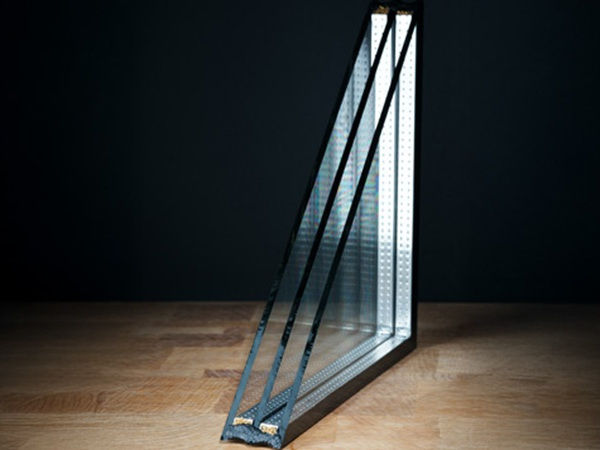
Date: 11 March 2018
Since flat glass off-cuts meet all criteria to be considered as by-product set in the Waste framework Directive (2018/851), Glass for Europe calls on Member States to take the necessary measures for a full recognition of this valuable resource for the flat glass industry and facilitate the move to a more circular economy.
Flat glass off-cuts are the result of the transformation process of flat glass to obtain products such as insulating glass units, automotive glazing. It has been estimated that between 750.000 and 1 million tonnes of flat glass off-cuts are generated every year in the EU: a precious resource that can be recycled in the flat glass manufacturing process and deliver reduced energy consumption and CO2 emissions.
In the position paper Making Circular Economy a reality: Recognition of flat glass off-cuts as by-products, released today (7 March 2019), the European flat glass association highlights that the transport and recycling of flat glass off-cuts are made uselessly more difficult and costlier when these are considered as waste. The Waste framework Directive, which is currently under implementation at Member States’ level, clarifies that objects such as flat glass off-cuts shall be considered as by-products.
 600450
600450







Add new comment